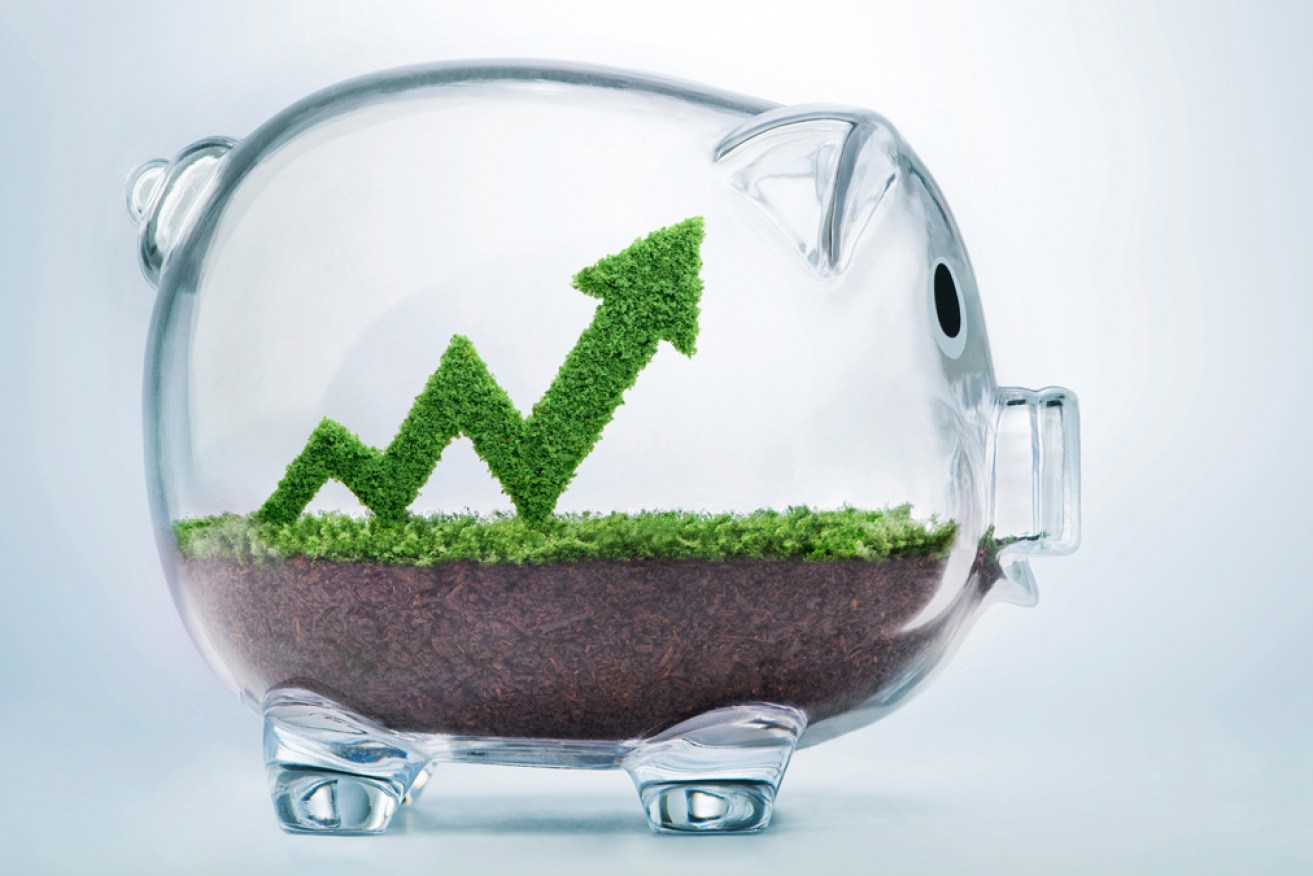Why Australian executives are increasingly acting on climate change


Australian business leaders see big bucks in battling climate change. Photo: Getty
Combating climate change has become a priority for most Australian executives as changing consumer needs threaten business’ ongoing profitability.
Research by Deloitte found four out of five Australian business leaders (81 per cent) believe climate change will negatively affect their company – well above the global average of 48 per cent.
More than half of Australian executives (57 per cent) also believe their generation is responsible for “encouraging environmental sustainability”.
That figure is not only above the global average of 38 per cent, but marks a massive increase from the 7 per cent recorded in Australia only two years earlier.
Speaking to The New Daily, Deloitte chief strategy and innovation officer Robert Hillard said the surge in executives looking to tackle climate change is the result of two factors: Changing consumer demands, and new technologies.
“On one side you’ve had significant demonstration that there is technological capability to respond [to climate change], and on the other hand you’ve seen a significant lift in the customers of these businesses saying this is important to them,” he said.
Climate change is only one of a number of societal issues business leaders are now looking to address, too.

Societal problems are becoming an increasing focus for businesses worldwide.
But regardless of which cause a business chose to act on, the most common motivation for acting was the prospect of greater revenues.
Almost half the executives surveyed worldwide (42 per cent) said generating revenues was their main impetus for acting on societal issues.
The next two most common motivators were pressure from customers and investors (39 per cent) and the insistence of employees (22 per cent).
Market fragmentation leads to competition
Mr Hillard said the nature of business is poised to undergo a fundamental transformation.
Technological advancements mean customers no longer have to rely on a single business to provide them with the services they need.
Instead, customers can now use apps to pick and choose their service providers, which Mr Hillard said has fragmented the market.
“What we’re starting to see overseas, and now coming to Australia is that through the network effect of these technologies people are starting to question whether they need to buy their services from the same organisations,” he said.
Fintech services are a prime example.
Rather than taking out a loan, credit card and a savings account all through the same bank, customers can easily switch between providers.
“It’s a more bespoke service offering,” Mr Hillard said.
Meanwhile, the underlying technology has advanced to a point where businesses can have confidence in its abilities.
Investors must step up on climate change
Last week, the world’s largest fund manager BlackRock unveiled plans to make sustainability a core part of its investment strategy.
Following the firm’s unprecedented announcement, fellow asset management firm Robeco has called on investors to do more in the battle against climate change.
Sylvia van Waveren, an engagement specialist with Robeco, said programs like Climate Action 100+ have already shown investors can effectively negotiate with businesses to reduce emissions.
But that program only targets the 100 largest carbon emitters worldwide – and Ms van Waveren cautioned institutional investors will need to apply the same techniques to all businesses from 2020 onwards.
Failure to do so could mean missing the climate targets laid out under the Paris Agreement.
“While 2019 marked a watershed in terms of emerging practice and in changing investors’ attitudes and views, we do not yet have the level of ambition needed if we are to succeed,” she said.
“This is why 2020 has to be the time a new partnership is formed between the company boardroom and institutional investors.”








